Baby Names for Native American Heritage Month
Indigenous people of North America are a vital key to unlocking the history of the continent. The people are hardworking, connected to the planet, and come with centuries of treating the land with dignity. History taught throughout the continent often begins with the areas' colonization. But the Natives made their home there long before 1492. Some records state that the Indigenous people were in North America for as long as 15,000 years ago, with the potential to be actually 20,000. With so much of Native history lost, it’s important to teach baby where they came from and the legacy they can build, just like their ancestors. A Native American baby girl, boy, or gender-neutral name inspired by some Indigenous heroes could be the perfect start to baby’s journey.

































